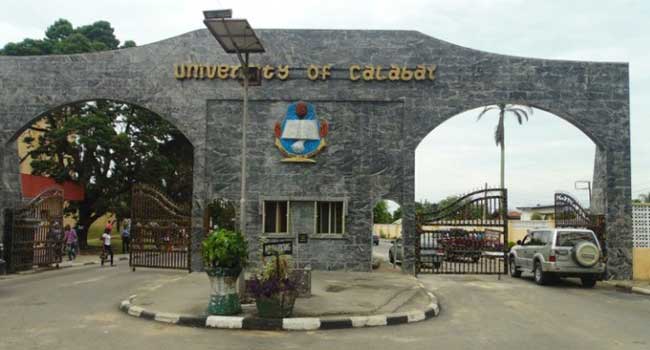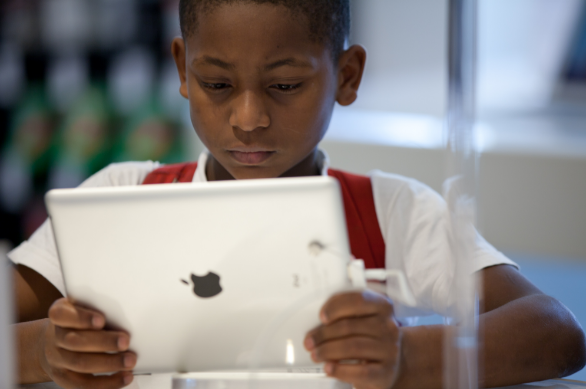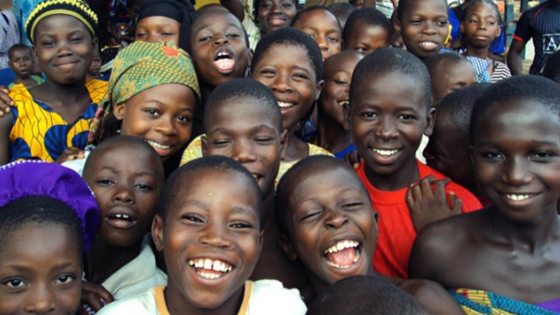BY OGUNJOBI FELIX
We should treasure the environment as the only treasure that bears other treasure…
The colossal figures that describe the loss of flora and fauna in Nigeria over the last two decades are so saddening. It simply points to the fact that the word “biodiversity” is just a well-known vocabulary or should I say, a terminology that only exists in books.
For the sake of pedagogy, “biodiversity” is evidently a coinage of two words – “biology” and “diversity” – hence the phrase “biological diversity”. It solely expresses the various forms of nature, its inherent beauties, and dynamism. Therefore, the depth of the word is a function of the level of awareness of the user.
The International Day for Biological Diversity 2017 themed “Biodiversity and Sustainable Tourism” has been chosen to coincide with the observance of 2017 as the International Year of Sustainable Tourism for Development as proclaimed by the United Nations General Assembly.
Advertisement
This decision stems from the strong connection between biodiversity and tourism. The dependence of one on the other has helped both to thrive under varying anthropogenic factors. However, while using sustainable tourism as a fulcrum to raise awareness for biodiversity, it is also expedient to know that sustenance of biodiversity would require that all hands be on deck as several other competitive land uses have, over the years, succeeded in dwindling the world’s natural reserves.
By scholastic evaluation, the rain forests of West Africa have been earmarked as one of the world’s hotspots of biodiversity according to a research carried out in 2000. If it is so, Nigeria by virtue of her status should shoulder the weight of this responsibility. But on the contrary, according to World Conservation Monitoring Center, “Nigeria is home to at least 4715 species of vascular plant of which 4.3% are endemic; about 1417 known species of amphibians, birds, mammals and reptiles”. Sadly, the total forest cover in the country is fast declining with just about 7.7% remaining in 2015 having lost nearly 80% of its old-growth forests between 1990 and 2005 giving the dubious distinction of having the highest deforestation rate on the planet.
These statistics affirm a single thing – mismanagement – mismanagement borne out of over-dependence on natural resources -Forest and water resources.
Advertisement
From social indices of which poverty is topmost, local communities living around forest and water resources over-depend on these resources as a source of protein, fuel, food, herbs and protection, thus depleting its biodiversity, these they achieve through horrendous acts of poaching and deforestation.
Only close-access resources upon which economic importance, such as tourism has been placed escape this dastard situation. This explains why barely only 8 (eight) National Parks are remaining in the country at the moment.
What then is the way forward?
As much as an International Day for Biological diversity would help to raise awareness, its celebration in this part of the world seems already banal – one can almost predict the usual.
Advertisement
This time, it would take more than; a televised “speech” from the Minister of Environment, ritual exchange of handshakes and presentation of uncircumcised honorary awards to achieve the wanted change. It would require a fundamental approach from parents and other societal institutions to expose their children and members to environmental education.
For parents, it is an opportunity to environmentally prepare our children for the future; I personally suggest that urban settlers leave a small part of the compound bare, no cement, no interlocking stones.
Let your children learn from nature; let them see earthworm burrow into the soil. Let them see snail crawl on the fence. Let them see how a garden is nurtured. Let them see how banana suckers emanate. Let them mix soil with their hand trowel. Let them see prune flower with their secateurs, irrigate with their watering cans and more importantly, watch them pluck and eat from the purity of nature.
For adults, we should treasure the environment as the only treasure that bears other treasure knowing that it is a phenomenon to consider in all life’s endeavor. That way, “we” wouldn’t have to rely majorly on tourism as a factor to sustain Biodiversity, it becomes a lifestyle.
Advertisement
Felix is based in Port Harcourt
Advertisement
Views expressed by contributors are strictly personal and not of TheCable.
Add a comment






